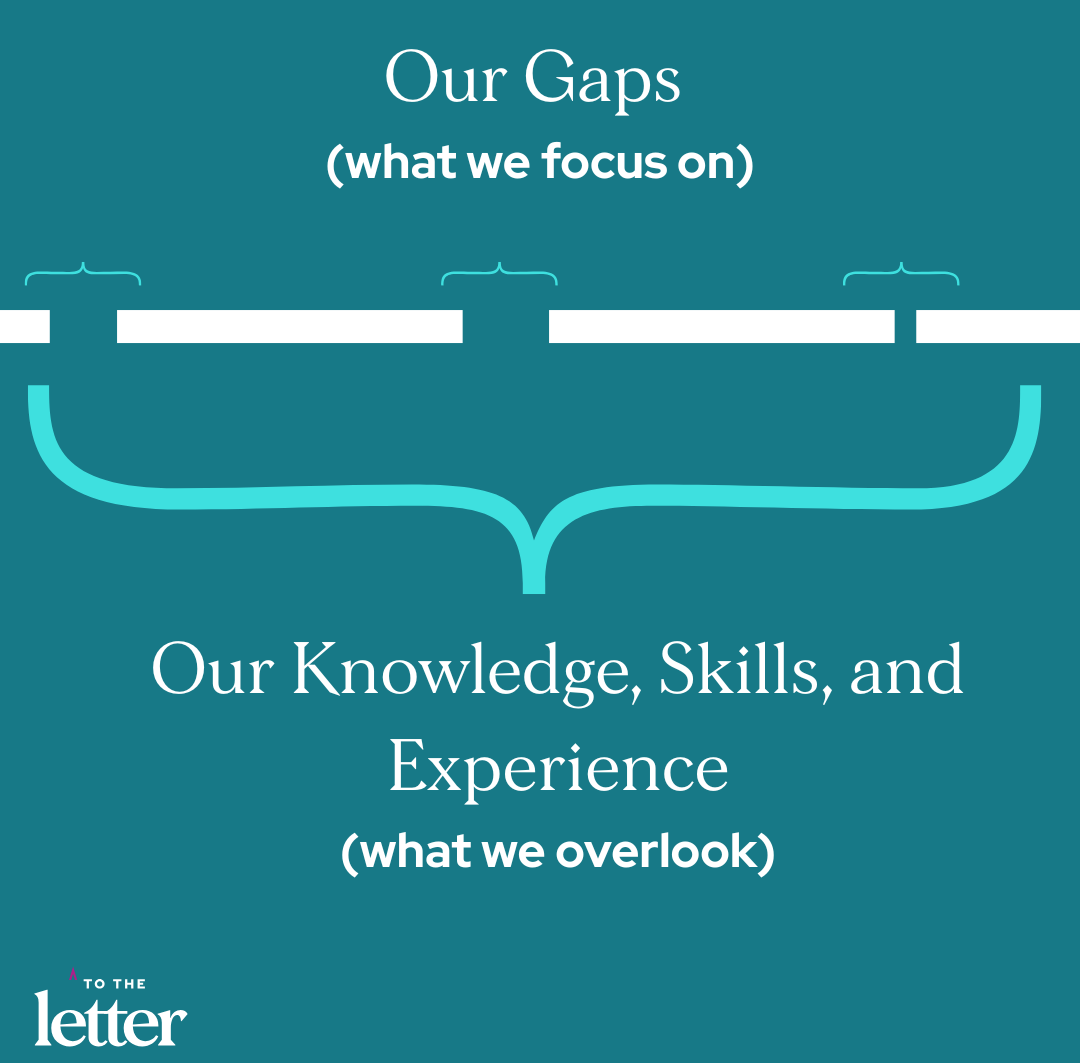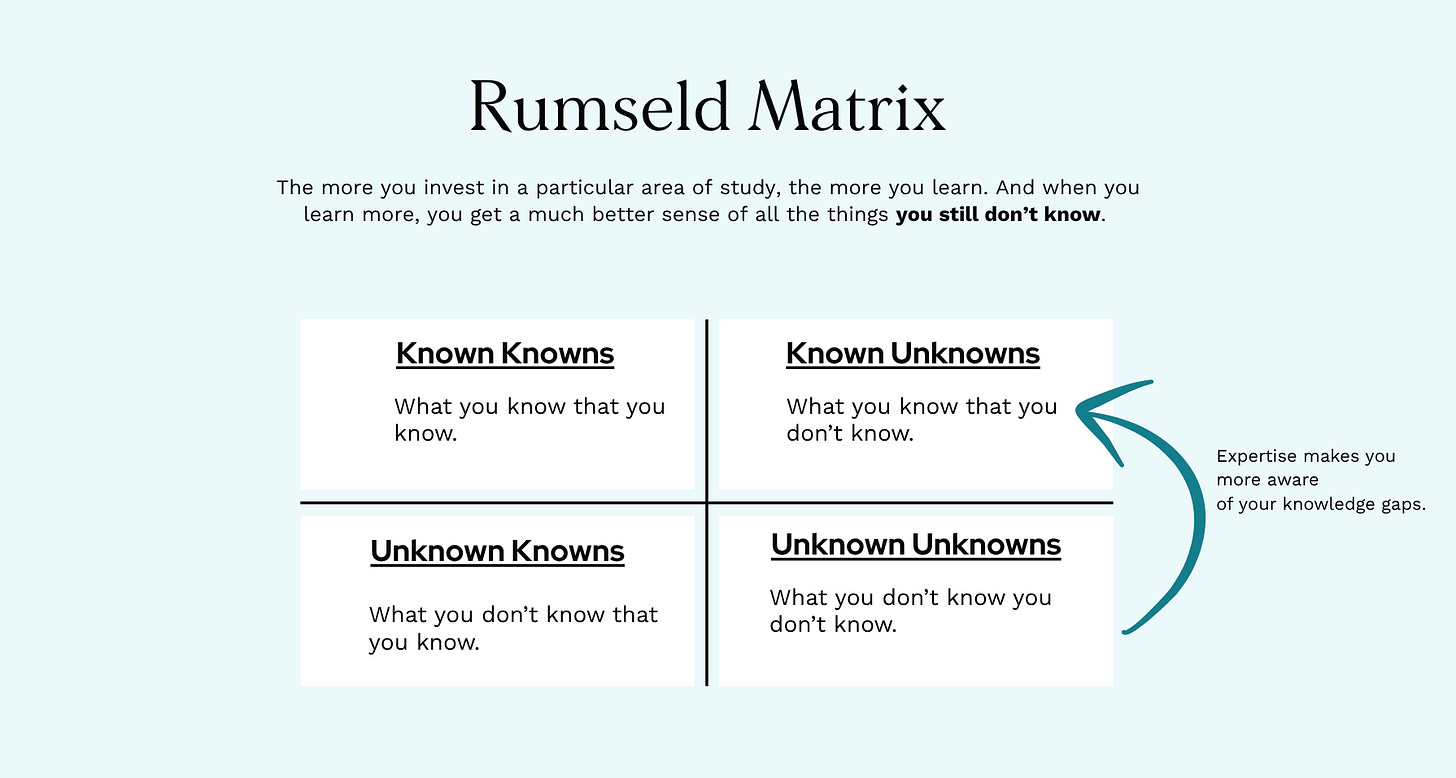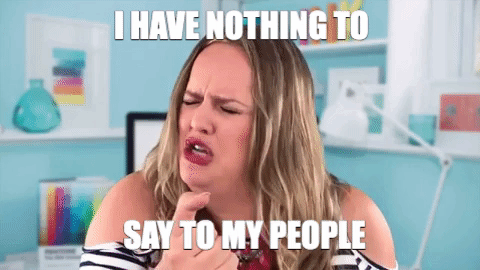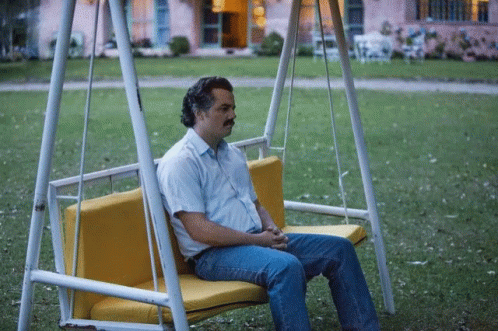The Curse of Knowledge
I feel like an idiot more often than I care to admit.
I'm keenly aware of my knowledge gaps, my experience gaps, my skill gaps. In general, being an aware person seems like a good thing. But at times, it's an obstacle. When it comes to content creation, ironically, it can be almost debilitating.
I tend to forget that those gaps only exist because there is knowledge, experience, and skill to fill in the space in between. (And that gaps are a good thing. How boring would life be if there was nothing left to learn?)
The more you invest in a particular area of study, the more you learn. And when you know things, you get a much better sense of all the things you still don’t know.
The “known unknowns” in the Rumsfeld Matrix:
As you gain knowledge, more things shift from the unknown unknowns (blissfully unaware) into the known unknowns.
The gaps.
Those gaps are now painfully obvious.
Why You’re Underestimating Yourself…and Overestimating Everyone Else
I connect the outsized emphasis on our gaps to the curse of knowledge. I know that it plagues me, and it’s one of the biggest blockers for the experts that I work with.
The curse of knowledge is defined as: assuming that those around you share the same level of knowledge that you do. Specifically, making that assumption and….being wrong.
When you believe everyone around you knows as much as you, the tendency is to devalue your own knowledge. It’s not unique, insightful, or extraordinary; it’s commonplace. This false belief creates a blind spot in how you perceive your own knowledge, experience, and skills. The more expertise you have, the bigger the blind spot.
The focus on our gaps—what we don’t know, instead of what we do know—intensifies the curse of knowledge. When you can’t perceive the full value of what you know, you can’t objectively decide what might be valuable to someone else. The lack of objectivity creates a couple of problems when we think about experts sharing their knowledge to support communication and content. (Which I do think about. Often.)
Problem #1: Audience Disconnect
The curse of knowledge can lead to a disconnect between expert and audience. Every marketer in the world will tell you to know your audience. What you may not hear enough about is exactly how understanding your audience is applied when you are trying to communicate your knowledge. What does that really look like?
I think about it as a calibration. A simple example might be the teacher-student relationship. My daughter just finished kindergarten. This past year in school, she learned about photosynthesis. Somewhere, a senior in high school also spent part of this year learning about photosynthesis. The content for my 6-year-old should be dramatically different from the content presented to a 12th grader. It's a teacher's role to calibrate the information they have about photosynthesis and convey it appropriately based on their understanding of their audience.
We take for granted that as a child grows up, the information they receive becomes more technical and more complex and more comprehensive. But the ability to do that for a specific audience is a skill. It's not innate. And in a way, the curse of knowledge can block us from being able to do that successfully because, again, we assume that everyone around us understands things to the same level that we do.
They don’t.
In many cases, experts are accustomed to communicating with industry peers, colleagues, and other technicians—the people they interact with in their day-to-day. They often struggle to step outside that context and translate their ideas to a new audience.
It’s a skill to tailor one’s knowledge and insights to provide value to an audience of, say, potential clients/customers, and it doesn’t always come naturally. Does the audience need more technical details to validate the credibility of the idea? More focus on business outcomes and the bottom line? Or more storytelling to help the idea emotionally resonate?
An expert who isn’t regularly thinking along these lines probably won’t know how to calibrate their knowledge to the intended audience. They can certainly figure it out, but they usually need guidance and support. (Thank goodness for communicators who ARE experts in this area, right?)
Problem #2: Blank Page Syndrome
Ironically, the curse of knowledge can lead someone to the same problem they might encounter if they knew nothing about a subject: blank page syndrome.
“I don't know what to write about.”
How can that be true when we each have a universe of insights to share?
Because we don’t focus on the basics. In the areas where we're very knowledgeable, there’s a tendency to want to push the envelope. We want to share something genuinely new, innovative, and interesting—our most thought-provoking ideas.
There's a time and a place for that type of content—it’s called thought leadership—but it isn’t the only type of content that can come from an expert. This is why I like the term expert-led content, with thought leadership being a subset of that broader umbrella term. Not every expert contribution needs to reshape the industry or change the world. Some of the most foundational ideas, the ones that experts overlook because they seem so fundamental, can be transformational for the right audience.
Who doesn’t know as much as you do.
I've struggled with this type of writer’s block myself. My mind thinks in edge cases and exceptions, trying to flesh out extremely nuanced and niche perspectives. What I've realized is I’m making things much harder than they need to be. I have plenty of work to do laying down the foundations of what I believe and how I think. If I shared how to build expert-led content programs that help organizations earn attention and build trust with their audiences—and nothing else—I’d probably never run out of content ideas.
So, like other experts, I need to determine when to focus on the fundamentals of my knowledge base and when it's appropriate to go down the rabbit hole into a particular sub-sub-topic. More meat and potatoes, less parsley garnish. What’s fundamental to me is still expert-level for the people I help.
People Bring Perspective
I’ve found that the best way to break through the curse of knowledge and get some much-needed perspective is through other people.
I’m fortunate because I can turn to my team of content experts and get instant feedback on my ideas. They know how my brain works (and, I hope, appreciate it), but they also know what great content looks like. I love being told in no uncertain terms that I’m overcomplicating an idea. It helps me pull back, reframe, and realize that simplifying and doing less will actually enable me to make a bigger impact.
I've also been appearing as a guest on several podcasts recently. I try to be a good student and diligently do my homework, reviewing and thinking about the questions that I receive in advance of our interviews. In many cases, we don't cover even a quarter of the questions that I answer on the podcast itself, but they still get me thinking. It's helpful to view questions that are more fundamental as the core messages I need to be sharing about what I do.
So, I'm keeping track of my notes, reflecting on my responses, and figuring out how to incorporate the basics of what I do and how I approach my work into my content.
In those two different ways—getting feedback from my team and reviewing my own conversations—I've gained insights that help me overcome the curse of knowledge. Thinking deeply on my own…not always the most successful strategy. Sometimes, it makes the problem worse.
When I work with experts at Every Little Word, I try to be someone who can offer this all-important outside perspective. To liberate people to embrace their knowledge, skills, and experiences (gaps and all). To remind them that what they have to share is valuable, far more vauable than they realize, to audiences craving substance, authenticity, and expertise.
If you can break the curse of knowledge, you’re finally free to share what you know—and to use your ideas to make a bigger impact.






